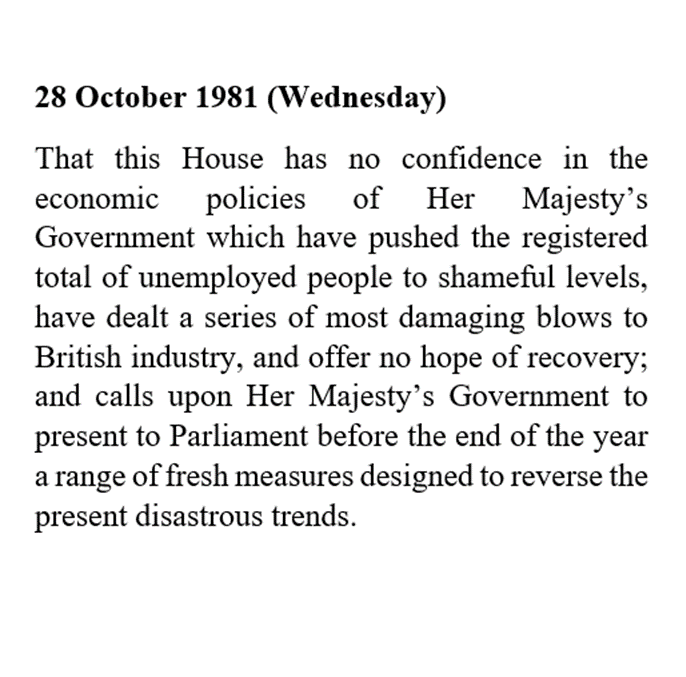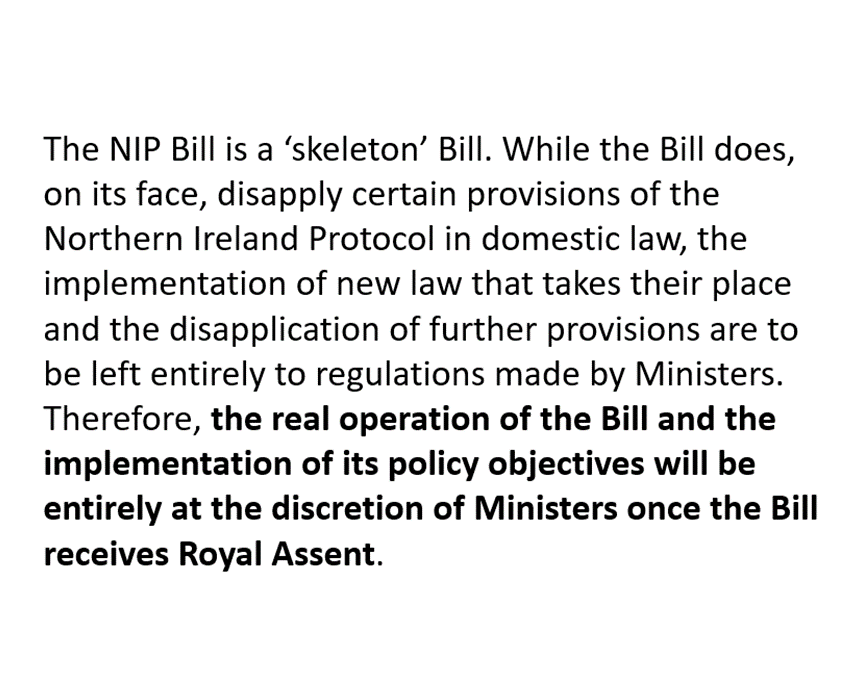
What a goal!!!
(So far, at least, tonight's contest is considerably higher quality than last night's...) #ENGSWE
(So far, at least, tonight's contest is considerably higher quality than last night's...) #ENGSWE
(Wonder where Leah Williamson and Kosovare Asllani stand on tax cuts and the control of inflation?)
I like the fact that almost the entire half-time discussion was about tactics, formation and coaching, instead of endless replays of yellow cards, fouls and offside decisions. Really informative!
• • •
Missing some Tweet in this thread? You can try to
force a refresh






